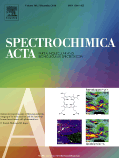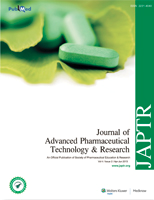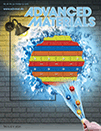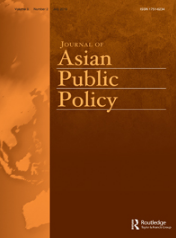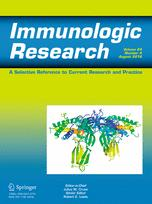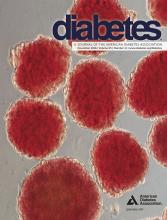 A researcher has retracted a paper from Diabetes after re-using some Western blots in one of the figures from other papers.
A researcher has retracted a paper from Diabetes after re-using some Western blots in one of the figures from other papers.
According to the retraction notice, the first and corresponding author — Eric Berglund, formerly at Vanderbilt University in Nashville, Tennessee — contacted the journal himself to report the error, for which he takes full responsibility.
Here’s the retraction notice: Continue reading Author pulls Diabetes paper with duplicated Western blots
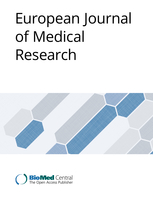
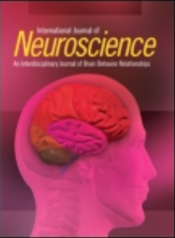
 In a massive cleanup, Springer and BioMed Central announced today they are retracting 58 papers for several reasons, including manipulation of the peer-review process and inappropriately allocating authorship.
In a massive cleanup, Springer and BioMed Central announced today they are retracting 58 papers for several reasons, including manipulation of the peer-review process and inappropriately allocating authorship.